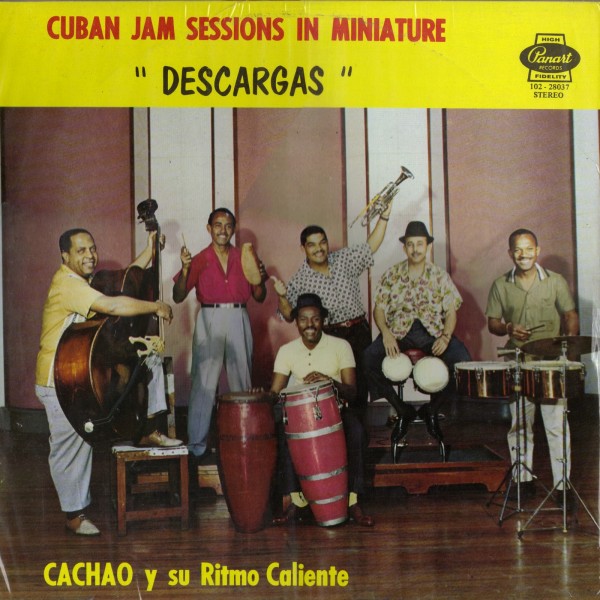U.S. Congressman Joaquin Castro is working to get more Latino films preserved…
The 48-year-old Mexican American politician, who has represented Texas’s 20th congressional district in the U.S. House of Representatives since 2013, has teamed up with members of the Congressional Hispanic Caucus to launch a nationwide call for Latino films to nominate for the National Film Registry.
 The U.S.’s preeminent archive of films with cultural, historic or aesthetic significance is essential in preserving cinema. Every year, the Librarian of Congress adds 25 new movies to the registry after reviewing titles nominated by the public and conferring with National Film Preservation Board members and Library film curators.
The U.S.’s preeminent archive of films with cultural, historic or aesthetic significance is essential in preserving cinema. Every year, the Librarian of Congress adds 25 new movies to the registry after reviewing titles nominated by the public and conferring with National Film Preservation Board members and Library film curators.
As of 2023, there are 24 Latino films on the National Film Registry, less than three percent of the 850 movies in the registry.
“Since the earliest days of cinema, Latino actors, writers, directors, and creatives have made extraordinary contributions to American filmmaking,” said Congressman Castro. “As the Library of Congress works to preserve the films that shaped American culture, public nominations will put a spotlight on the Latino-driven films that have sold out theaters and defined generations. As we launch this year’s push for inclusion, I look forward to hearing from folks across America about the Latino films that have made an enduring impact on their lives.”
Most recently, the NFR added: “Cyrano de Bergerac” (1950), starring Puerto Rican actor José Ferrer, the first Latino ever to win an acting Oscar, and “The Ballad of Gregorio Cortez” (1982) with Edward James Olmos. Other notable inclusions are “West Side Story” (1961), “La Bamba” (1987), “Selena” (1997) and “Real Women Have Curves” (2002).
To be eligible, films must be at least 10 years old. To qualify for nominations to the Library of Congress, submissions must be received by August 3.
Some titles the Library of Congress might consider include Guillermo del Toro’s adult-fantasy drama Pan’s Labyrinth (2006), Peter Sollet’s independent New York film Raising Victor Vargas (2002) and Alfonso Cuarón’s coming-of-age masterpiece Y tu mamá también (2002).
Suggestions may be submitted at Congressman Castro’s website.


